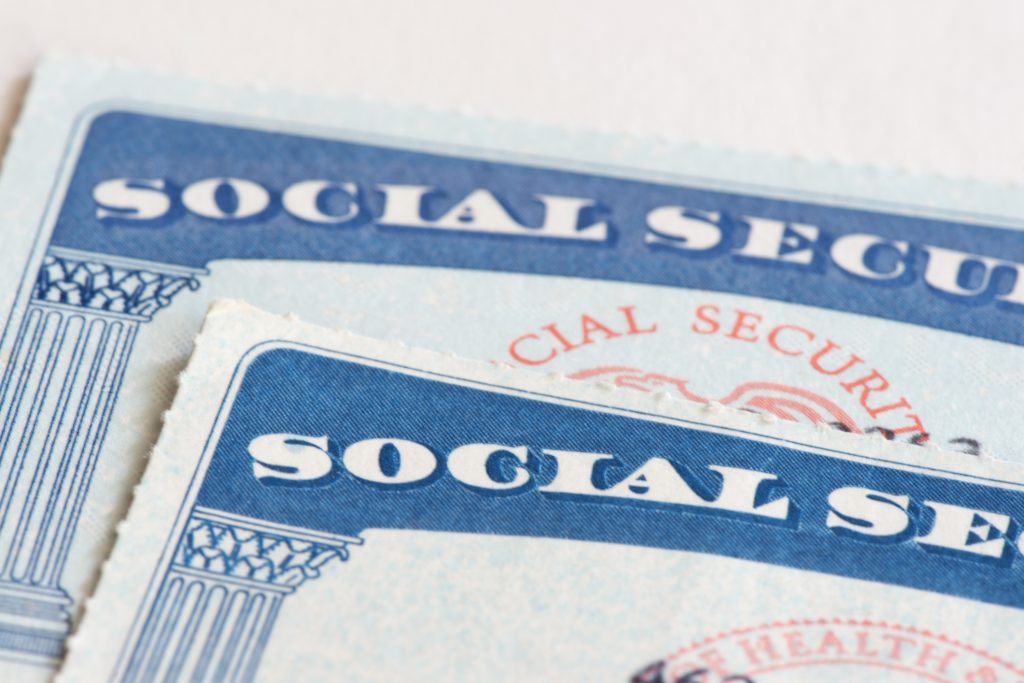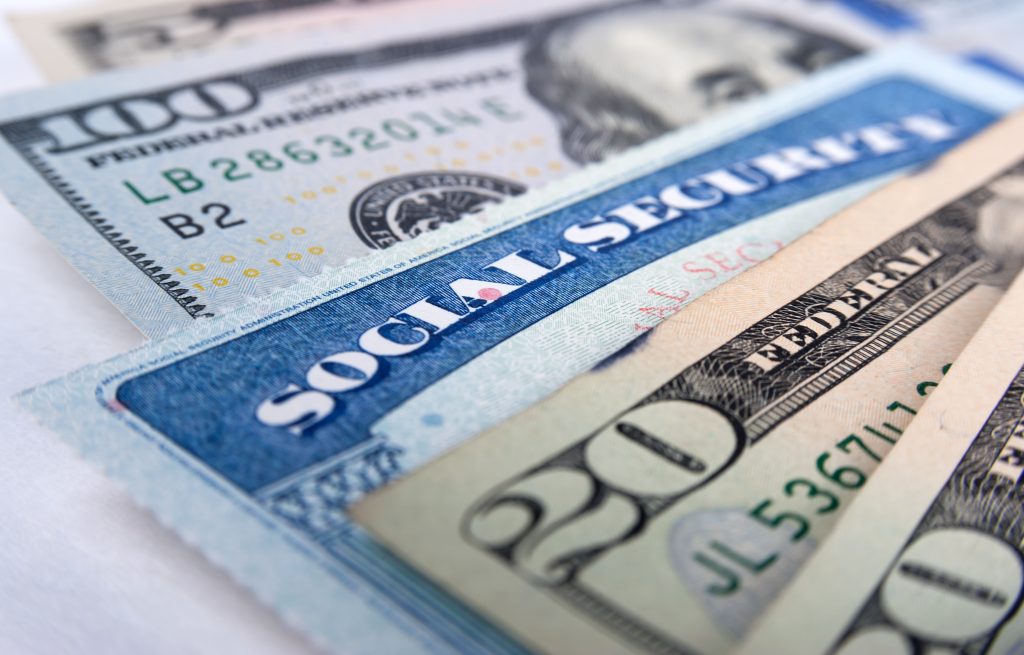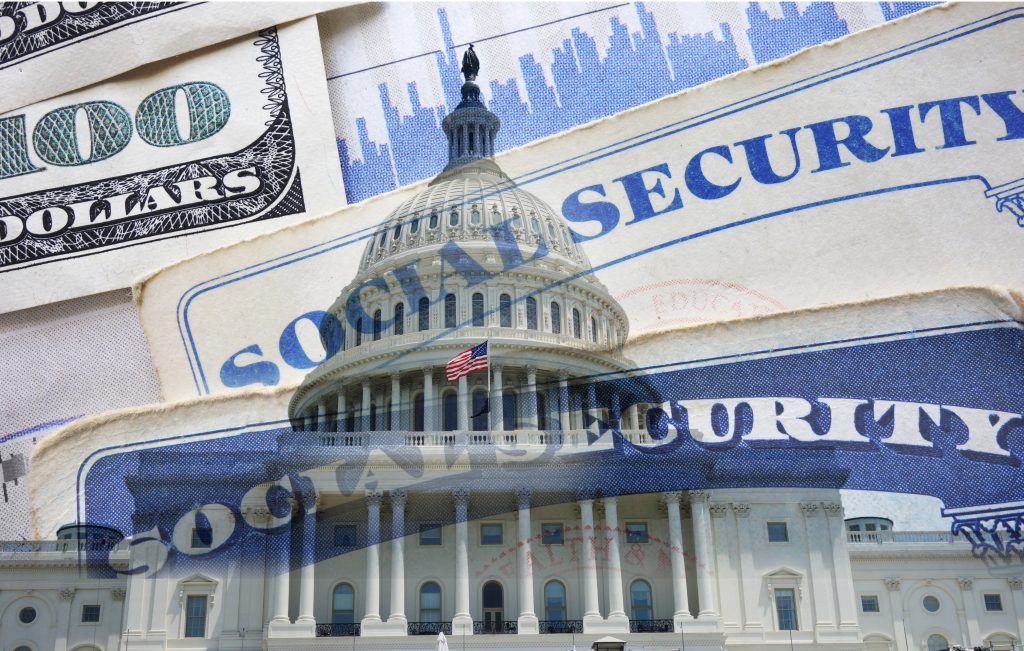
Image source: Getty Images
The cost of everything has increased dramatically over the last five years, making it harder for families and individuals to keep on top of their loan payments. The Federal Reserve Bank of New York tracks both consumer debt and the delinquency rate of that debt, and its findings are pretty alarming. Debt delinquencies continue to climb, with credit cards and auto loans leading the pack.
However, mortgage delinquencies are also on the up, and although foreclosures are lower than they’ve been in years, the trend is not promising.
It makes sense — after a while, there’s only so much more you can do as a consumer to stay ahead of rising prices. But a default, or six, is really hard on your credit — I know because I’ve been there myself. It takes a long time to dig back out of that massive crater after a crash.
So, instead, let me tell you what you can do to avoid being buried under the financial earth for years to come.
1. Pay just your minimum payments
A lot of people pay more than their credit card minimums so they can dent their balances. That’s great, but if you feel like you’re getting overwhelmed financially, you need to give yourself some space to breathe. I was talking to a friend a few months ago about this very thing. When I mentioned she could just make her minimum payments, it was a revelation. She’d been under so much stress it hadn’t even occurred to her to do that to free up some cash.
You may also be able to reduce your balances faster by applying for a balance transfer card. Check out our handy list of them here. With the money you free up in interest payments, you might even be able to build a little pad for your future bills.
2. Make some phone calls
If you’re to the point that default is possible, the best thing to do is to get ahead of it. Call your lenders, your credit card issuers, and anyone else who you send a monthly payment to, and see what can be done. Sometimes they won’t work with you, but often they will.
Holders of secured debt, like car and home loans, especially, tend to be very flexible with assistance. They don’t want to go through the repossession process and would instead prefer you make your payments. If you’re experiencing a hardship due to a loss of income or an illness, or anything, really, call and explain in excruciating detail what’s up with your finances.
It may take a few calls and a lot of paperwork to get the ball rolling, but you’ll be glad that you did, and your credit will reflect your proactive approach.
3. Consolidate your debt
If you have unsecured debt, it might make sense to consolidate it before you miss your first payment. By combining your debt into a single credit line, you can often change the terms of the agreements and make your monthly payments smaller. The downside is that it can prolong your payments and increase the total amount of interest you’ll pay over time. But it will also immediately free up monthly cash flow so that you don’t end up crashing and burning.
A debt consolidation loan is an option as long as you’re not too far down the default rabbit hole. Check out this list of debt consolidation loans that our experts recommend for more information.
The good news is that every on-time payment to your new loan will also help build your credit. Even if it costs a bit more in the long run, not only will you have avoided any hits from missed payments, but you may also be able to strengthen your credit. That’s worth a lot.
4. Examine your budget
I know, it’s the dreaded B-word, but it can’t be helped. When times are tough, you have to be tougher, and often that starts with sifting through your spending and expenses. Many times, corners can be cut — a little bit here and a little bit there can add up if you’re only facing a short-term problem.
Consider canceling subscriptions, or only using one streaming service at a time. You might also reduce your insurance coverage or sell valuable items that you never use anymore. Sometimes all you need is a little wiggle room to get back on track.
Above all else, don’t panic
It’s easy for me to tell you not to panic when it feels like your house of cards is about to come tumbling down. But I’ve been there, I’ve done that, and I survived it. You can, too. Be proactive and honest with yourself about your finances and ask for help as soon as you know you’re getting into the danger zone.
If you find your loan payments are becoming overwhelming, don’t be afraid to talk to your lenders. Many of them will want to help.
Alert: highest cash back card we’ve seen now has 0% intro APR into 2026
This credit card is not just good – it’s so exceptional that our experts use it personally. It features a 0% intro APR for 15 months, a cash back rate of up to 5%, and all somehow for no annual fee!
Click here to read our full review for free and apply in just 2 minutes.
We’re firm believers in the Golden Rule, which is why editorial opinions are ours alone and have not been previously reviewed, approved, or endorsed by included advertisers.
Motley Fool Money does not cover all offers on the market. Editorial content from Motley Fool Money is separate from The Motley Fool editorial content and is created by a different analyst team.The Motley Fool has a disclosure policy.
 fool.com
fool.com benzinga.com
benzinga.com



